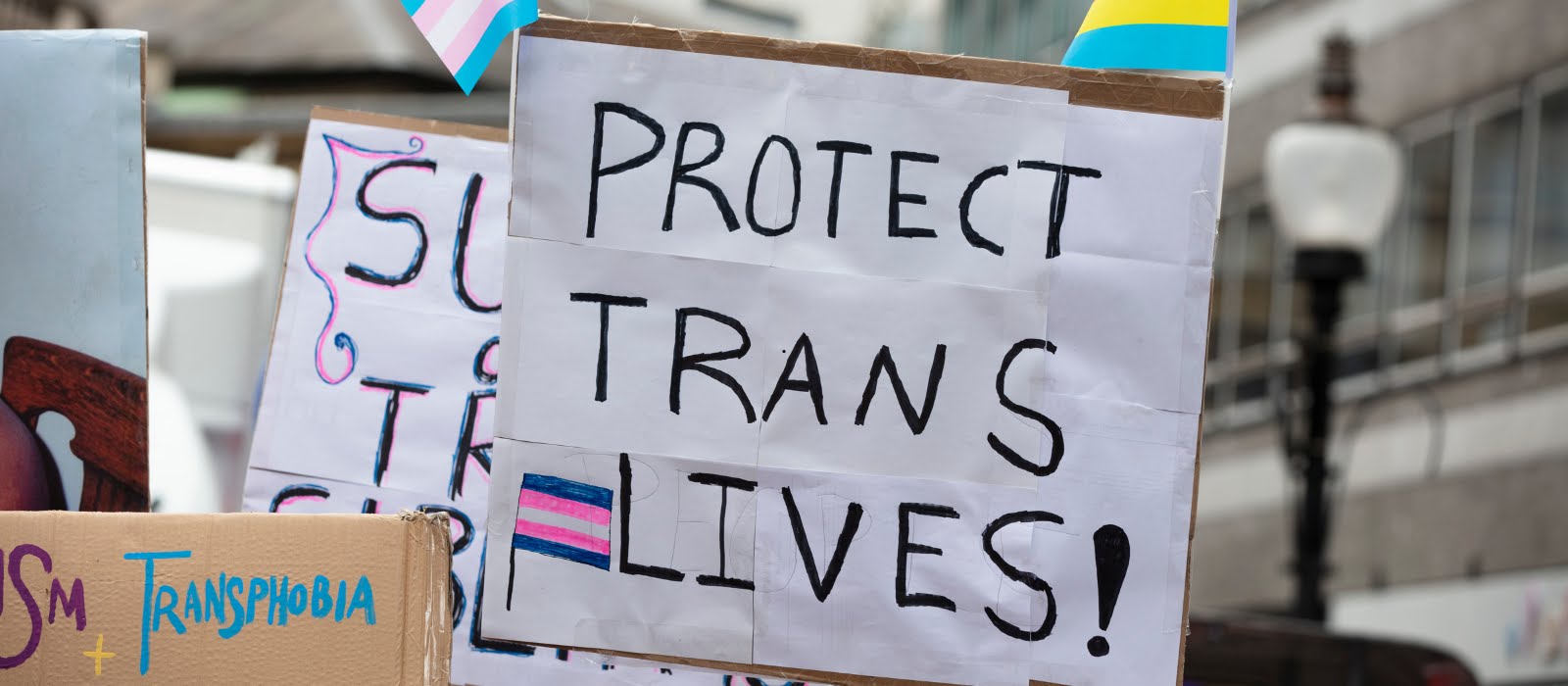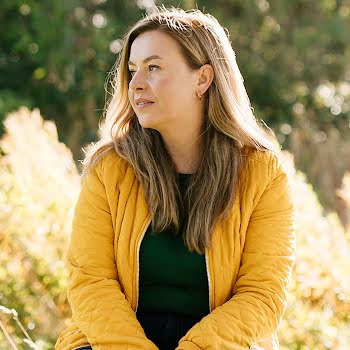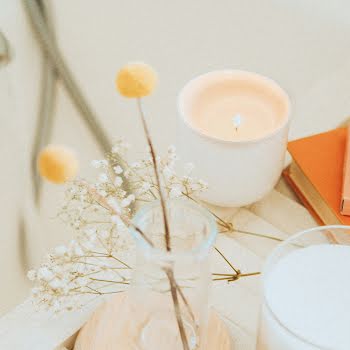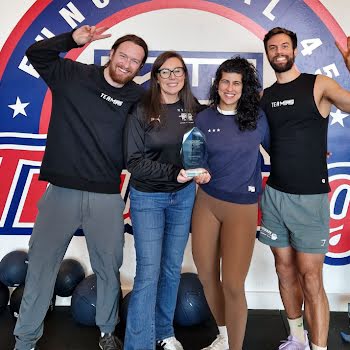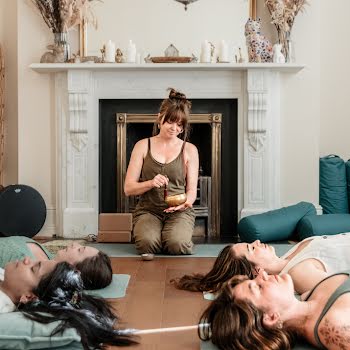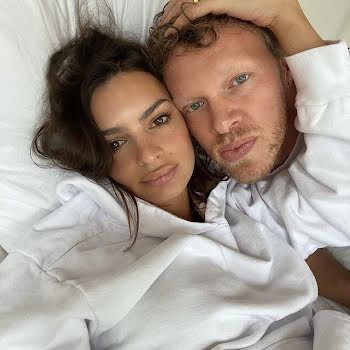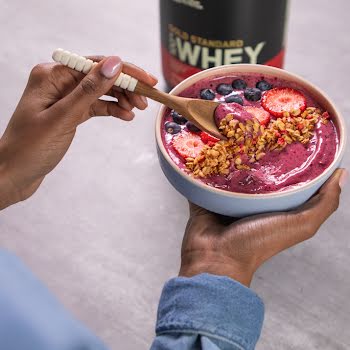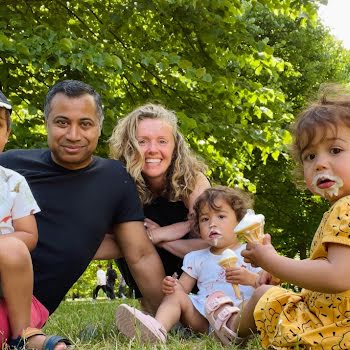
Laylah Beattie: ‘The progress I witnessed in the last ten years is coming to a halt’
Writer, podcaster and performer Laylah Beattie reflects on her ten-year journey of transgender self-discovery amidst escalating hostility and misinformation, examining both the progress made and the ongoing fight for safety and acceptance.
This summer, it will be ten years since I first accepted that I was transgender. In 2015, I accidentally tuned into a TV interview with a trans person and as they were describing their feelings of gender dysphoria, I realised that I felt the same. It was a gentle realisation, a quiet one. There was no ‘aha!’ moment or thrill as I concluded that I was a woman. When I began to think about how to take my next steps, there was a lot less volatility in the conversation around gender than there is now.
When I began to research how I was going to transition, I was struck by one thing. No one in Ireland was talking positively about being trans. Nobody was trying to enlighten the public, to be a role model, an activist. In the egotistical way that only a teenager could, I decided I would be that person. And so I began making media appearances on the TV, the radio and in magazines.
The appetite for trans stories was large. We were all hearing about people like Caitlyn Jenner, Laverne Cox and Munroe Bergdorf. I really felt that every host, interviewer and producer I encountered genuinely wanted to listen to me, that there was a curiosity from the public. It said, “Okay, we now know trans people exist, what’s next?” I didn’t realise how lucky I was to feel this welcome, this supported and listened to.
Don’t get me wrong, not every experience was positive. I suffered street harassment, which I usually put down to people being uneducated. I once had a radio host ask me whether I peed standing up live on air which I felt able to laugh off. There was trolling, of course, which I put down to people being assholes. As hard as those experiences were to deal with, there was nothing back then like the current narrative around trans people, or at least there were a lot less voices.
There is an organised campaign that targets trans people; so-called radical feminists, or TERFs (Trans Exclusionary Radical Feminists) – they weren’t something I was acquainted with until 2017. They insist that trans women are mentally ill males pretending to be women to insert themselves into female spaces. That, by calling ourselves women, we’re somehow taking something away from cisgender women.
I know I’m a trans woman and that I’ll always be a trans woman. But I don’t wish to go through life with that being my defining characteristic. I want it to be one of the many things about me. I’m a friend, a daughter, a sister, a feminist, a former carer, an employee, a gossip, a playwright, a writer, a blonde, a woman, a trans woman. I don’t consider myself an enemy to anyone. But also, if right-wingers and ‘radical feminists’ consider me to be their enemy then I’m very happy to put on that hat because I would hate to align myself with them in any way.
These days, there’s a very real hatred for trans people. If you were to believe X and Facebook comment sections, we’re all predators trying to access changing rooms and bathrooms for nefarious means or trying to force people to transition and corrupt the minds of children. I know there will always be a faction of people who will see me as a man in a dress. If I hadn’t had bottom surgery, they’d tell me to pay attention to what was between my legs. Now that I have had the surgery, they say I’m mutilated.
As scary as the present feels, I still genuinely believe that most people are decent and do not want to see trans people suffer.
In the wake of my appearance on The Late Late Show to talk about my experiences, X was filled with mostly positive comments. If an 18-year-old went on to do the exact same interview today, I’m certain this wouldn’t be the case. We have been villainised to an extreme point. I hate to think of myself as a villain. I hate to think there is hate for me in the world. What is more frightening is to see that this campaign of hatred is beginning to impact the rights of trans people all over the world.
I’m very lucky to live in Ireland. I have my documents, I’ve had my surgery. There’s no one in power trying to take any of my rights away from me. The Irish public didn’t vote for far-right parties in the last election. I’m pretty aware that this could change at any time, but for now, there’s nothing out there to put me on high alert. I’m protected. I’m safe. I have a gorgeous community of friends around me. I have a great job, a supportive family and access to healthcare. I’m much better off than a lot of people, even in my own country. But I still feel gripped by terror when I see headlines villainising trans people. When I see that America is reversing people’s change of gender on their documents. When I see that the UK is outlawing puberty blockers, or preventing trans people from being in single-sex hospital wards. The progress I witnessed in the last ten years is coming to a halt and all I can think of is my optimistic teenage self telling my story to a world she hoped would understand her.
I never expected my humanity to be called into question. One of the worst things you can ever experience is being dehumanised, confronting somebody who sees you as a freak, or something wrong. I really resent being made to feel like there’s something wrong with me when all I do is try to live a peaceful life.
I really admire people who can fight back. People who see opportunities to further advance the cause for trans rights. I recognise that this is such a necessary thing, that all of the rights I have have been hard fought for by activists. Unfortunately, I am not an activist. This fact became very clear to me in 2017 when I had my first nervous breakdown and ended up in psychiatric care. In order to recover from a major depressive episode and a diagnosis of anorexia, I had to focus on myself and step back from any sort of advocacy. I had to focus on the years of recovery I had ahead of me. People ask where I went and why I stopped telling my story – I had to bow out of the conversation to get well again which gave me a unique insight into how the landscape was changing for media coverage of trans people.
One fact that comforts me is this: there’s nowhere for us to go. Trans people are everywhere. In your workplace, in your family, in schools and on sports teams. In the last ten years, a lot more people have been able to come out as trans. There’s no undoing that. There’s no putting an end to our existence. Governments can restrict our rights, right-wingers can tweet their outrage and TERFs can try to kick us out of feminist spaces but no one can undo the fact that trans people exist and are recognised in many countries. We’re not going anywhere. I’m not going anywhere. As scary as the present feels, I still genuinely believe that most people are decent and do not want to see trans people suffer. I must hold on to that fact.











